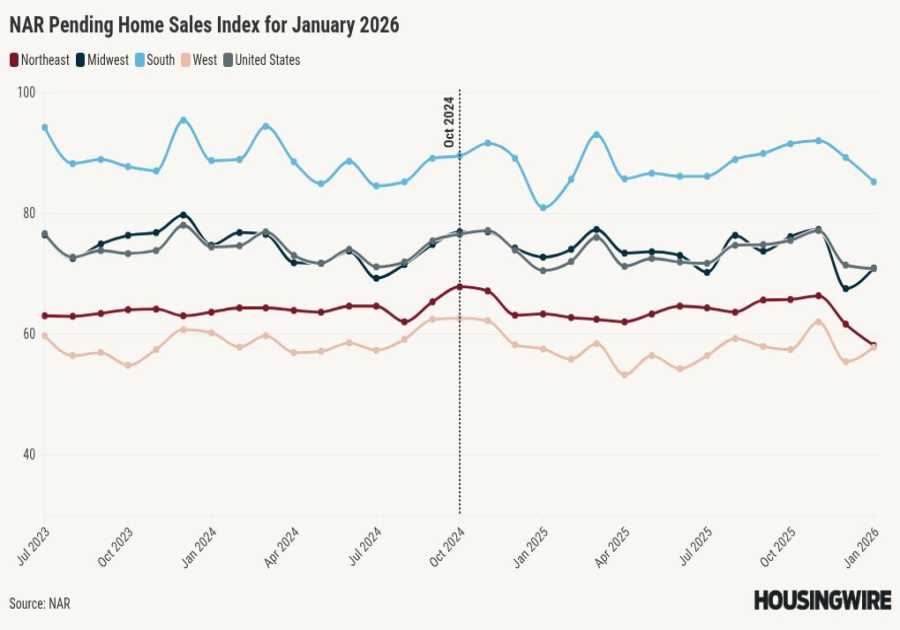With compliance pressure rising and manual processes prone to error, finance leaders need more than spreadsheets to stay in control.
When finance teams can’t trust their data, every move feels like a risk. Inaccurate reports, poor forecasting and misinformed decisions can all undermine an organisation’s stability. In 2025, these challenges are being compounded as HMRC ramps up its scrutiny of audits and compliance.
That means depending on manual accounting processes is no longer just inefficient, it’s becoming downright risky. Yet, despite these growing stakes, 68% manual work leaves their organisation vulnerable to errors that could undermine the business decision-making.That needs to change.
Legacy finance processes leave businesses exposed, with manual workarounds, data silos and limited audit trails making it harder to ensure accuracy and prove compliance.
That exposure is becoming riskier by the day as HMRC is investing an additional £100 million to recruit 500 compliance officers, with the aim of recovering £241 million in unpaid taxes over the next five years. If businesses are caught out, the financial penalties can be severe, but the reputational damage may be even worse. When a company is seen to fall short of its financial obligations, it risks losing the trust of stakeholders, investors and the public.
And while compliance expectations are intensifying, the operational realities aren’t easing up. Finance leaders are being asked to do more with less, managing surging transaction volumes and growing security risks. Many are still juggling multiple disconnected systems with little to no traceability. These inefficiencies don’t just slow things down, they quietly erode profitability and momentum, leaving businesses vulnerable at precisely the moment they need to be most agile and in control.
John Gronen, Chief Financial Officer at cloud-based, e-invoicing and P2P automation solution provider, Yooz, shares how finance leaders can eliminate error-prone manual processes, rebuild trust in their data and take control of their finance function with automation.
Common manual process pitfalls
Manual, paper-based finance processes are a breeding ground for costly errors and offer none of the visibility or safeguards modern teams need. Whether it’s missed entries or compliance slip-ups, these issues persistently undermine performance. The most common include:
- Auditing errors: Even when data is present, it can be accidentally overwritten or altered without version control
- Communication breakdowns: A lack of digital tools for real-time collaboration and defined approval workflows leads to delays and misalignment across teams
- Compliance failures: Poor traceability makes it difficult to meet HMRC documentation requirements, opening the door to regulatory penalties
- Data entry and reconciliation mistakes: Manual input increases the likelihood of numerical inaccuracies, especially under time pressure
- Security vulnerabilities: Without cloud-based safeguards, organisations risk data loss, fraud and insufficient backup or recovery options
A simple typo, a misclassified transaction, or an overlooked discrepancy can quickly spiral into broader financial inaccuracies. These seemingly small mistakes can distort reporting, delay deal closures and forecasts and drive-up operational costs as teams scramble to identify and fix the issues. Worse still, they sap productivity across the entire finance function.
These are not just minor inconveniences; they’re recurring liabilities that get worse during pressure periods like month-end or quarterly reporting. But they are also entirely avoidable. Automation offers a smarter way forward, restoring accuracy, traceability and control.
Minimising costly errors across financial processes starts with replacing outdated manual methods. A fully automated, cloud-based Purchase-to-Pay (P2P) platform takes on the heavy lifting, managing admin, reducing risk and delivering real-time visibility into transactions and documentation.
In the UK, manually processing an invoice can cost anywhere between £5 and £25, depending on complexity. For finance teams handling hundreds or thousands of invoices each month, those inefficiencies add up fast. With automation, processing costs can be cut by more than half, freeing up both time and budget for higher-value work.
Moving from reactive to proactive finance
Today’s finance teams must be equipped to handle fast-moving challenges, from global supply chain disruptions to shifting regulatory landscapes. That readiness comes not from working harder, but from working smarter: with all financial data unified in one central, cloud-based platform that supports real-time reporting, compliance and fraud detection.
Robotic Process Automation (RPA) plays a critical role here, handling repetitive tasks like data entry, financial reporting and reconciliation, all of which are prone to human error when done manually. These workflows can be fully automated and easily adapted as business needs evolve, giving teams flexibility without adding complexity.
At the same time, AI-powered fraud detection strengthens oversight by instantly flagging inconsistencies, such as mismatched invoice fields or duplicate entries, before they cause problems. This level of intelligent automation moves finance beyond outdated, paper-based accounts payable processes to continuous, reliable visibility.
By shifting away from reactive, fragmented workflows and towards a single, automated platform, finance leaders can reduce risk, increase efficiency and spend more time on strategic initiatives and less on paperwork.
Ensuring a successful automation roll-out
Implementing a cloud-based P2P automation platform isn’t just about adopting new tools, it’s about aligning technology with the real needs of your finance team. That starts with clear objectives, strong leadership buy-in and a full understanding of where errors and inefficiencies are happening today.
To ensure a smooth transition, finance leaders should map out where automation can deliver the greatest impact, using input from across the team and even from other departments that interact with finance. This feedback helps shape a solution that fits both immediate workflows and longer-term business goals.
Selecting the right tool is just as important as the strategy behind it. Not all automation platforms offer the same features, flexibility, or integration capabilities. Choosing the wrong one can introduce new inefficiencies rather than eliminate old ones.
Training is also essential – but it’s only the first step toward full adoption. To get value from day one, every team member must feel confident using the platform. Effective training lays the foundation, but true adoption means embedding the platform into everyday processes and ensuring it becomes second nature. This may involve continued support for those less familiar with automation, reinforcing new habits and fostering a culture that embraces these types of changes.
Finally, automation is not a one-off project, it’s an ongoing process. Regular reviews and optimisation ensure the system continues to deliver value as your business evolves, with minimal disruption.
With the right approach, automation becomes more than a tool, it becomes a competitive advantage. Finance leaders can eliminate manual errors, close capability gaps and take full control of data and compliance with confidence.
The companies that act now will not only protect themselves against risk, they’ll also be better positioned to lead in a faster, more connected financial future.
Meet the Yooz team on stand G4 at Accountex Summit Manchester, taking place at Manchester Central on 23 September 2025.
For further information, please visit www.accountexmanchester.com.
Book your free ticket here.
The post From chaos to control: Eliminate the errors undermining your finance team appeared first on Accounting Insight News.
------------Read More
By: John Gronen, CFO at Yooz
Title: From chaos to control: Eliminate the errors undermining your finance team
Sourced From: www.accountex.co.uk/insight/2025/08/12/from-chaos-to-control-eliminate-the-errors-undermining-your-finance-team/
Published Date: Tue, 12 Aug 2025 13:47:28 +0000
Did you miss our previous article...
https://trendinginbusiness.business/finance/outsourced-bookkeeping-startup-power
.png)





